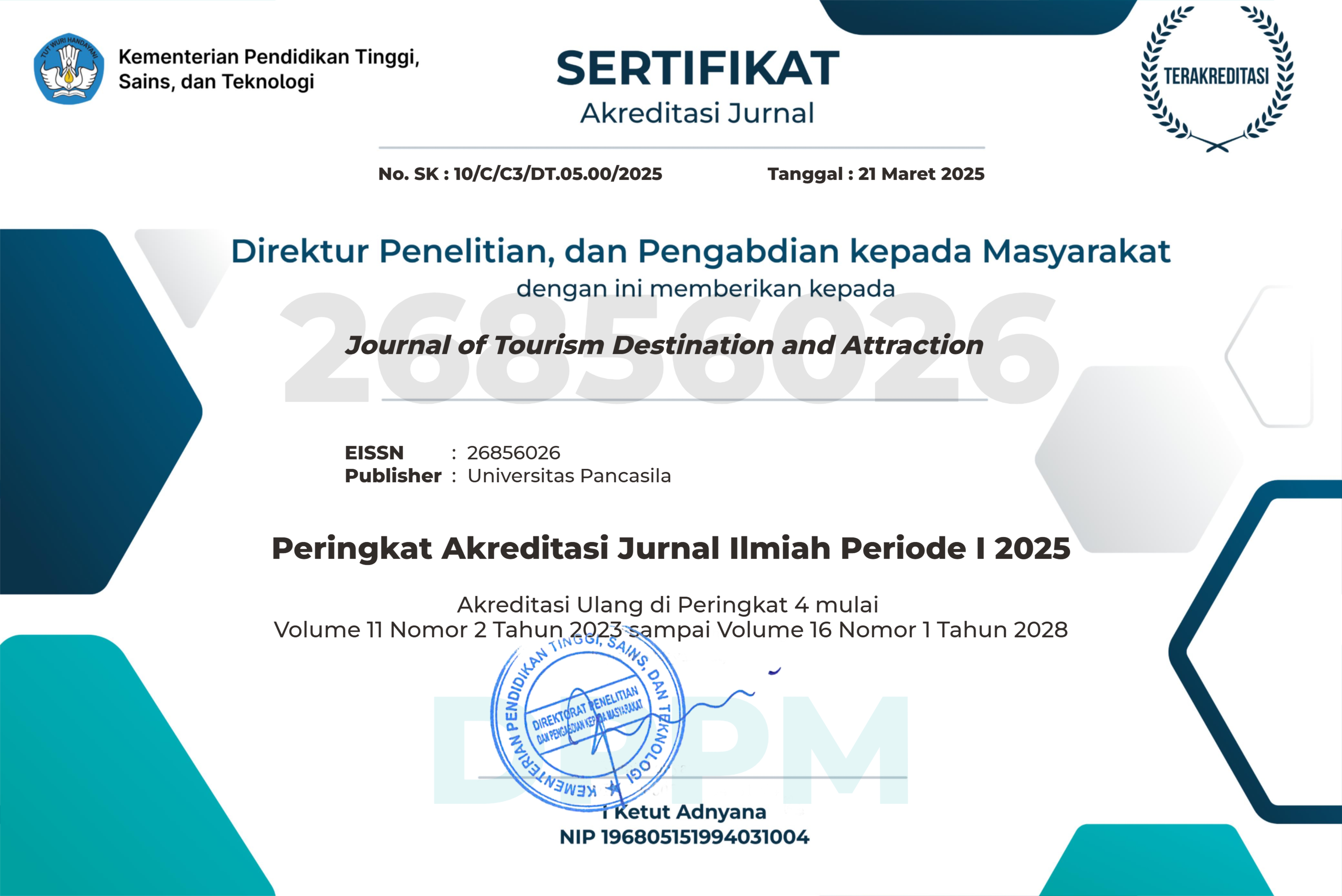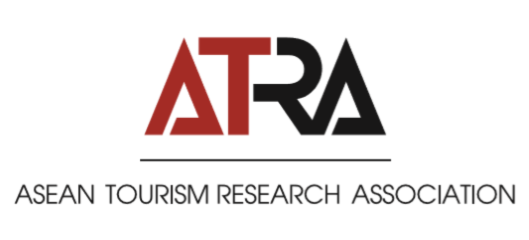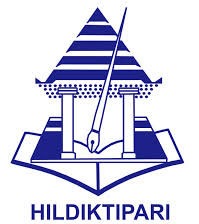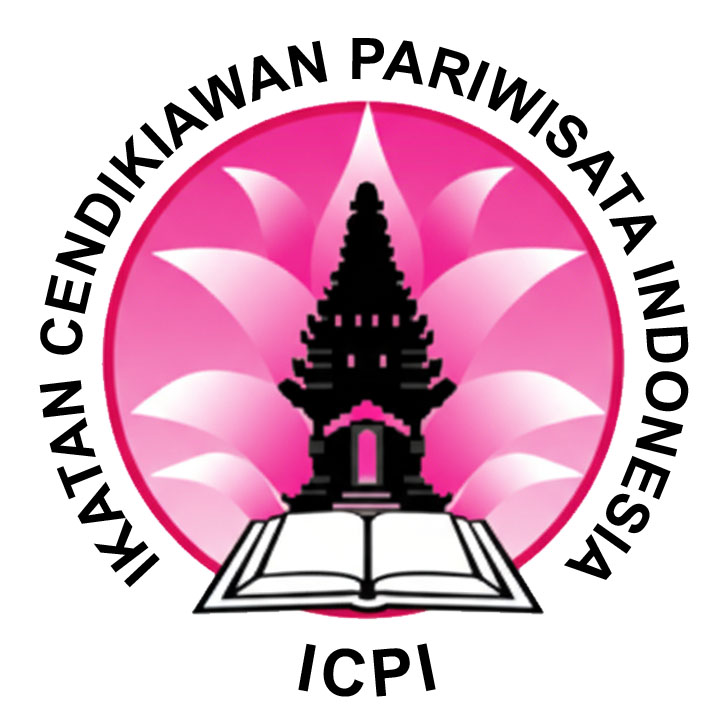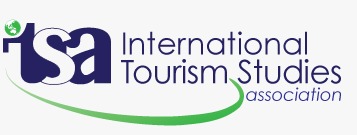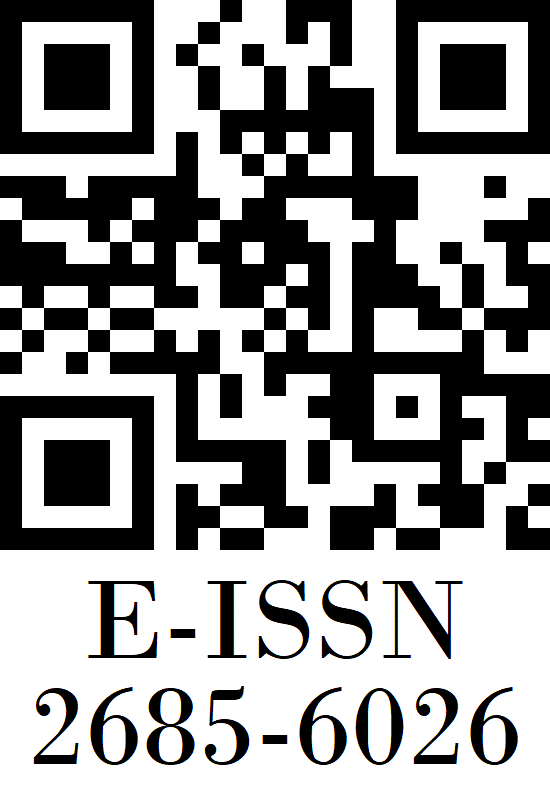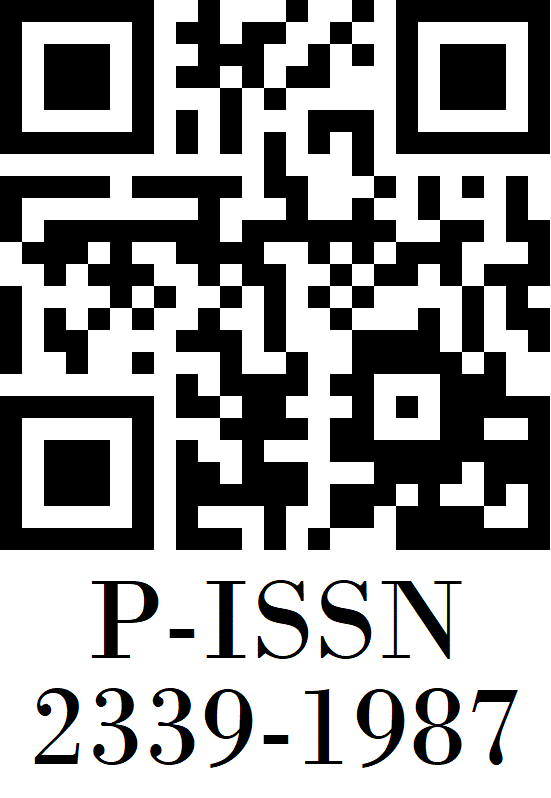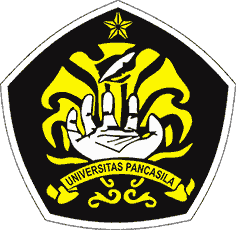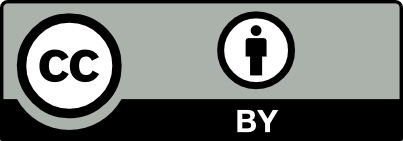Creativity Based Tourism in Kampung Kreatif Dago Pojok Bandung
DOI:
https://doi.org/10.35814/tourism.v6i1.760Keywords:
Creativity Based Tourism, Tourism Product, Tourism VillageAbstract
In this current era, many villages in Indonesia carry the concept of Tourism Village. One of them is a creative village located in Dago Pojok Bandung, West Java. This study aims to find out about tourism products and identify how the application of creativity based tourism in the Dago Pojok creative village. Data collection is done by descriptive qualitative method with observation and interview techniques. The variables used are the concept of tourism products consisting of tourist attractions and activities, accommodation facilities and services, other facilities and services (supporting facilities), transportation facilities and services, infrastructure and other institutions, and the concept of creativity based tourism consisting of local artists, ideas/knowledge and interaction. Based on the results and discussion, it can be concluded that tourism products in Dago Pojok creative village are tourism products based on culture, creativity, and art. Dago Pojok creative village is a tourism that is based on creativity, because the elements of Local Artisan, Idea or Knowledge, and Interaction have fulfilled the requirements in implementing tourism with the concept of creativity, but there are some things
that need to be improved, namely in the part of interaction it hasn't been carried out optimally.
References
Ahimsa-Putra , H.S.2004. Mengembangkan wisata budaya dan Budaya Wisata. Yogyakarta Anandya, Dudi dan Heru, Suprihhadi. 2005. Riset Pemasaran Prospektif & Terapan, Bayumedia Malang
Barbieri, C. and Mahoney, E., 2010. Cultural tourism behaviour and preferences among the live‐performing arts audience: an application of the univorous–omnivorous framework. International Journal of Tourism Research, 12(5), pp.481-496.
Budihardjo, Eko. 1998. Kota yang Berkelanjutan (Sustainable City). UI Press: Jakarta
Butler, R.W. dan L.A. Waldbrook. 2003. A New Planning Tool: The Tourism opportunity spectrum. The Journal of Torism Studies Vol.14, No 1
Copley, P. and Robson, I., 1996. Tourism, arts marketing and the modernist paradox.
Crosby, B. L. 1992. Stakeholder Analysis: A Vital Tool for Strategic Managers. Technical Notes, No. 2. Washington DC: Agency for International Development
Darsoprajitno, S. 2002. Ekologi Pariwisata. Penerbit Angkasa, Bandung
Douglas, P.T. Napitupulu. 2013. Perlindungan Hak Cipta Kesenian Daerah Tor-Tor Dan Gordang Sembilan (Studi di Dinas Kebudayaan dan Parawisata Provinsi Sumatera Uara). Universitas Medan Area
Dewi, M. H. U.,Fandeli, C., dna Baiquni, M. 2013. Pengembangan Desa Wisata Berbasis Partisipasi Masyarakat Lokal Di Desa Wisata Jatiluwih Tabanan, Bali. Lembaga Penelitian Universitas Udayana
Dwiputra, Roby. 2013. Preferensi Wisatawan Terhadap Sarana Wisata Di kawasan wisata Alam Erupsi Merapi. Institut Teknologi Bandung.
Evans, Graeme. et al. 2006. Strategies for Creative Spaces and Cities: Lesson Learned. London
Esterberg, Kristin G. 2002. Qualitative Methods in Social Research, New York: Mc Graw Hill.
Fandeli. 2002. Perencanaan Kepariwisataan Alam. Fakultas Kehutanan Universitas Gadjah Madah
Felsenstein, D. and Fleischer, A., 2003. Local festivals and tourism promotion: The role of public assistance and visitor expenditure. Journal of Travel Research, 41(4), pp.385-392.
Fitriyana, Freska. 2012. Peran Komunitas Kreatif Dalam Pengembangan Kota (Studi Kasus: Identifikasi Kekuatan Kolaboratif Bandung Creative City Forum (BCCF). Tesis Program Studi Magister Perencanaan Wilayah dan kota. Intitut Tekonologi Bandung: Bandung
Florida, R. (2002). The Rise of Creative Class. Cambrigde: Basic Books
Goeldner, C. & Ritchie, J. R. 2003. Tourism Principles Pracices and Philosophies. New Jersey: John Wiley & Sons
Hamidi. 2004. Metode Penelitian Kualitatif: Aplikasi Praktis Pembuatan Proposal dan Laporan Penelitian. Malang: UMM Press
Hanan, Himasari. 2010. Building Creative Communities Intelligently Artepolis 2: Creative Communities and The Making of Place. Institut Tenologi Bandung Hatch, E. and Farhady, H., 1982. Research design and statistics for applied linguistics
Hermantoro, H. 2011. Creative-Based Tourism: Dari Wisata Rekreatif Menuju Wisata Kreatif. Aditri: Cinere Depok
Hermawan, Hary. 2017. Pengaruh Daya Tarik Wisata, Keselamatan, dan Sarana Wisata terhadap Kepuasan serta Dampaknya terhadap Loyalitas Wisatawan (study comunitas Based Tourism di Gunung Api Purba Nglanggeran). Universitas sarjanawiyata Tamansiswa
Holloway, JC & Robinson, C.. 1995. Marketing for Tourism. Longman: New YorkICOMOS. 1993. Tourism at World Heritage Sites: The Site Manager’s handbook. Washington, US/ICOMOS
Indrarajasa, Susanti Widiastuti. 2011. Making a Place - Collaboration between The Developer and Creative Community in BSD City.” Artepolis 3: Creative Collaboration and The Making of Place, Leraning from Creative Experience. Institute Teknologi Bandung: Bandung
Inskeep, Edward. 1991. Tourism Planning: An Integrated and Sustainable Development Approach. New York: Van Nostrand Reinhold
Ireland, F., 2012. A Tourism Toolkit for Ireland’s Cultural Experiences.
Ismayanti. 2010. Pengantar Pariwisata. Jakarta: PT Grasindo Juwita, Dita. 2010. Modal Sosial yang Menjembatani dalam Pengembangan Desa Wisata Candirejo di Kecamatan Borobudur, Kabupaten Magelang. Fakultas Teknik Universitas Diponegoro
Kerlinger, F.N., 1973. Review of research in education.
Kidder, L.H., 1981. Qualitative research and quasi-experimental frameworks. Scientific inquiry and the social sciences, pp.226-256.
Kotler P., Jhon T. Bowen and James Maken. 2009. Marketing for Hospitality and Tourism 4th Edition. New Jersey: Pearson Prentice Hall
Kusyala, Dibya. 2008. Prinsip Pengembangan Kampung Kota Berdasarkan Pola Berhuni Warga. Institute Teknologi Bandung: Bandung
Landry, Charles. 2008. The Creative City: a Toolkit for Urban Innovators. Comedia Landry, Charles dan Biancchini Franco. 1995.
The Creative City. London: Demos Landry, Charles dan Hyams Jonathan. 2012. The Creative City Index: Measuring The Pulse of The City. Comedia
McKercher, B., & du Cros, H. 2002. Cultural Tourism: The Partnership Between Tourism and Cultural heritage Management. New York: The Haworth Hospitality Press
Mckercher, B & du Cross. 2015. Cultural Tourism: 2nd Revised Edition. London: Taylor & Francis Ltd
Mill,R.C and Morrison,A.M..1985. The Tourism System : An Introductory Text, Englewood Cliffs. New York: Prentice Hall,Inc
Milles, Mattew B. & Huberman, A. Michael. 2007. Analisis Data Kualitatif. Universitas Indonesia
Nafila, Oktaniza. 2013. Peran Komunitas Kreatif dalam Pengembangan Pariwisata Budaya di Situs Megalitikum Gunung Padang Jurnal Perencanaan Wilayah dan Kota. Institut Tenologi Bandung Nazir, A., Mukhopadhyay, I., Saxena, D.K. and Chowdhuri, D.K., 2003. Evaluation of the no observed adverse effect level of solvent dimethyl sulfoxide in Drosophila melanogaster. Toxicology mechanisms and methods
Nuryanti, W. 1999. Heritage, Tourism and Local Communities. Universitas Gajah Mada
Pearce, D. 1995. Tourism a Community Approach. Longman: New York
Permata, Ratu Selly. 2015. Peranan Industri Kreatif Terhadap Perbaikan Kondisi Sosial Budaya di Kampung Wisata Dago Pojok Kota Bandung. Universitas Pendidikan Indonesia
Pitana, I Gede. 2009. Pengantar Ilmu Pariwisata. Yogyakarta: Andi
Pitana, I Gede& Putu, G. 2005. Sosiologi Pariwisata. Denpasar: Yayasan Andi
Priyatmono, A. F. 2012 Pengembangan Pariwisata Kreatif Berbasis Komunitas dan Budaya lokal. Universitas Muhammadiayah Surakarta
Richards, G., Wilson, J. (2007). Developing Creativity in Tourist Experiences: A solution to The Serial Reproduction of Culture? Tourism Management. England: Routledge
Richards, G., 2011. Creativity and tourism: The state of the art. Annals of tourism research,
Riduwan dan Kuncoro. 2011. Cara Menggunakan dan Memakai Path Analysis (Analisis Jalur). Bandung: Alfabeta
Rizkhi dan Buchor, Imam. 2014. Preferensi Pengunjung terhadap Daya Tarik Objek Wisata Teluk Palu di Kota Palu. Universitas Diponegoro
Rodiņa, Anita. 2006. Constitutional Complaint: Theory and Practice in Latvia. Summary of the PromotionThesis. Riga: Library of the University of Latvia
Satori Djam’an., Komariah Aan. 2011. Metode Penelitian Kualitatif. Alfabeta: Bandung
Sarwoko. 2007. Statistik Inferensi, C.V Andi Offset, Yogyakarta
Sharpley, Richard. 1994. Tourism, Tourists and Society. Huntingdon: Elm Publication
Soekadijo, R. G. 1997. Anatomi Pariwisata. Jakarta: Gramedia Pustaka Utama.
Sugiyono. 2017. Metode Penelitian Bisnis. Alfabeta: Bandung.
Suranti, R., 2005, July. Pariwisata Budaya dan Peran Serta Masyarakat. In Workshop Wisata Budaya Bagi Kelompok Masyarakat Propinsi DKI Jakarta (Vol. 12).
Suryadana, M. V. O. 2015. Pengantar Pemasaran Pariwisata. Alfabeta: Bandung.
Susanti, N., 2017. Upaya Greeanpeace Menjaga Kawasan Pantai Indonesia Terkait Proyek Pulau Reklamasi Teluk Jakarta. Jurnal Online Mahasiswa (JOM) Bidang Ilmu Sosial dan Ilmu Politik, 5(1), pp.1-15.
Suwarti. 2014. Pengaruh Daya Tarik Wisata Terhadap Minat Kunjungan Wisatawan Pantai Cahaya Lumba-Lumba Kendal. STIE Pariwisata
Stumpf, M.P., Thorne, T., de Silva, E., Stewart, R., An, H.J., Lappe, M. and Wiuf, C., 2008. Estimating the size of the human interactome. Proceedings of the National Academy of Sciences
Timothy, D. J., & Nyaupane, G. P. 2009. Cultural heritage and Tourism in Developing World: A Regional Perspective.
Trigantiarsyah, R. dan Mulyadi, H. 2012. Pengembangan Produk Wisata Dengan Menggunakan Teknik Tourism Opportunity Spectrum Terhadap Keputusan Berkunjung (Survei Pada Pengunjung Cukang Taneuh/Green Canyon Kabupaten Ciamis). Manajemen Pemasaran Pariwisata FPIPS UPI Undang-Undang Nomor 10 tahun 2009, Tetang Kepariwisataan, http://www.hukumonline.com, diakses 12 Maret 2018
UNESCO, 2009, Panduan Dasar Pelaksanaan Ekowisata Utami, Sekar & Sofhani, Tubagus Furqon. 2013. Proses Pembentukan Kampung Kreatif (Studi Kasus: Kampung Dago Pojok dan Cicukang, Kota Bandung). Institut Teknologi Bandung
Yoeti, O. A. 2007. Perencanaan dan Pengembangan Pariwisata. Jakarta: PT. Pradnya
Yoeti, O. S. 1992. Penuntun Praktis Pramuwisata Profesional, Zethani dan Bitner. 2002. Service Marketing Integrating Customer Focus Across the Firm, 3rd Edition. Boston: Mc. GrowHill/Irwin




